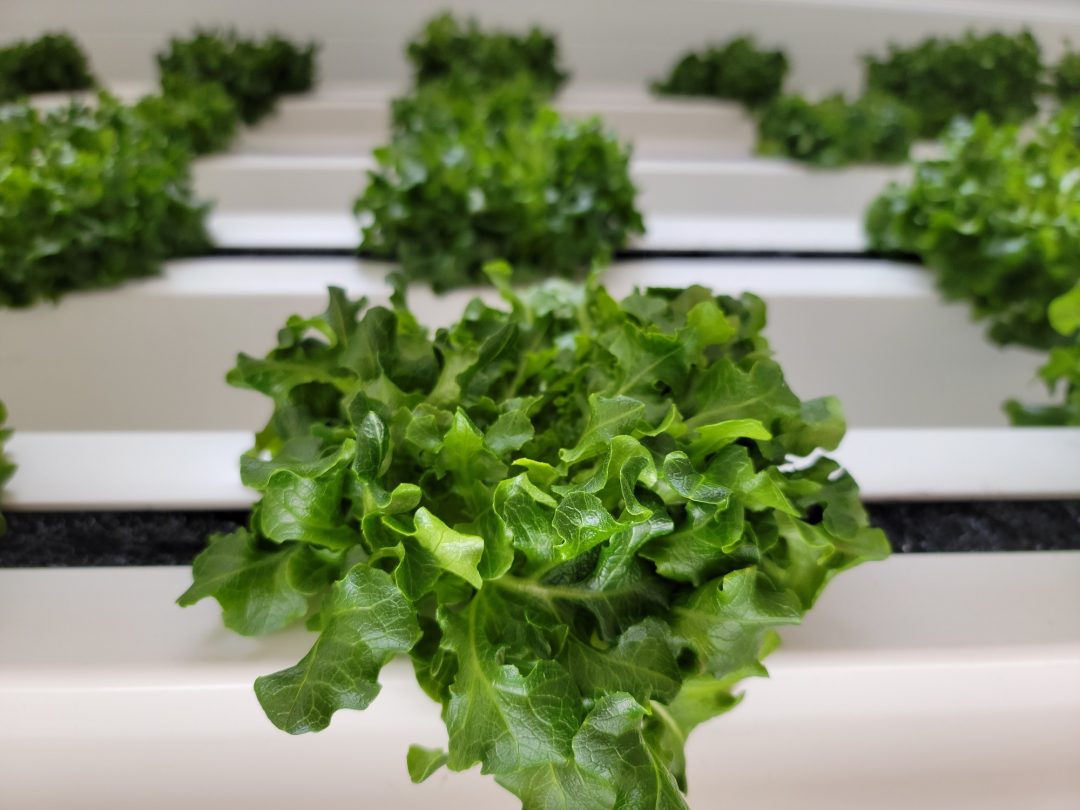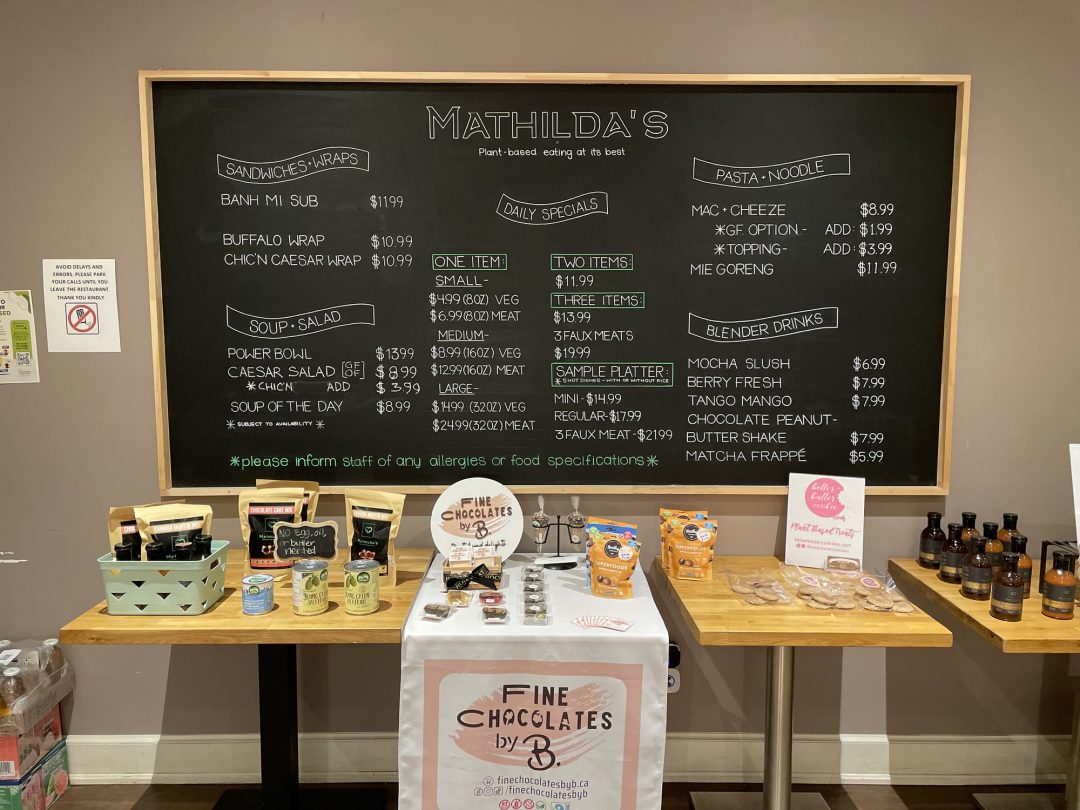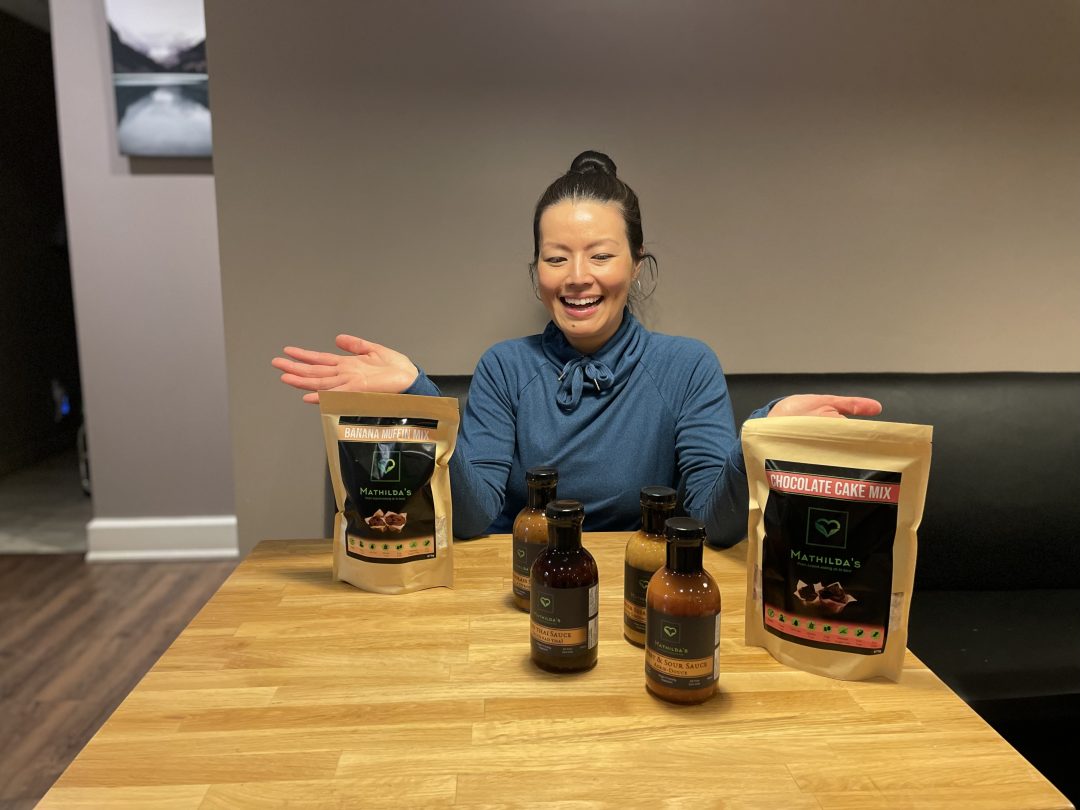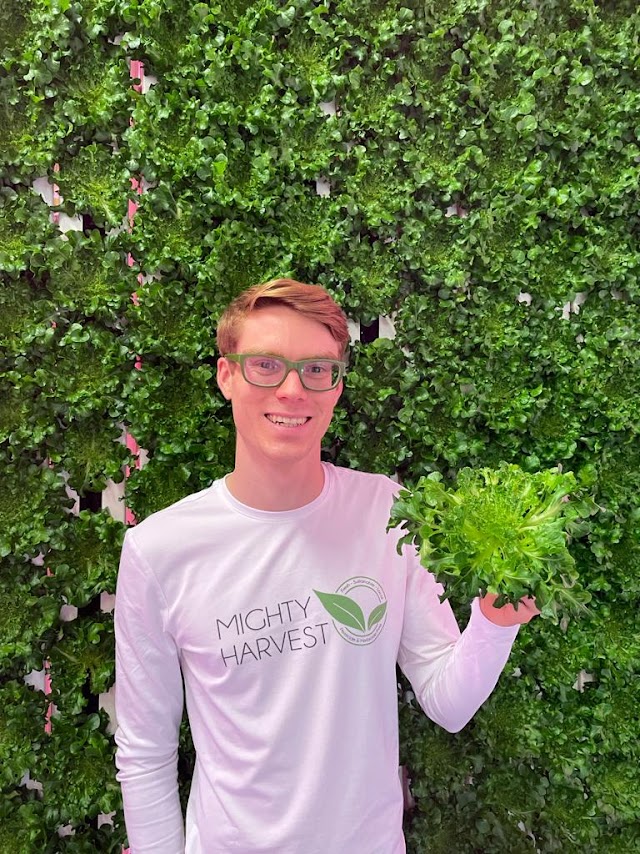Derrick Stevenson, the founder of Oshawa’s first vertical farm Mighty Harvest, has shared the unique challenges he encountered as a young entrepreneur in the agriculture sector.
He established Mighty Harvest in 2021 with the aim of boosting Canada’s food supply with locally grown produce.
According to Business Advisory Centre Durham, Mighty Harvest is “the first vertical farm in Durham Region selling fresh produce directly to customers.”
Canadian Food Focus describes vertical farming as “a form of indoor agriculture, characterized by stacks of crop-laden shelves in an enclosed space.”
Stevenson points out the scarcity of vertical farms in Ontario, despite the high demand for such products in the region. He explains that Mighty Harvest primarily focuses on leafy greens, like lettuce and mustard greens. “How we decipher what to focus on is based on customer demand, a lot of trials and figuring out what we can grow optimally and profitably in the space,” he said.

He says a large amount of the leafy greens are imported from California and Arizona. This long-distance transportation, he says often results in lower quality produce, as it spends extensive time in transit. “We’re also shipping … across the continent, which is environmentally not very sound,” said Stevenson.
According to Mighty Harvest’s website, their products “are grown without pesticides or herbicides, and delivered shortly after harvest for optimal taste, freshness, and quality.”
For Stevenson, the fresher the harvest, the greater the nutritional benefits. “Monday is our busiest day as it’s harvest day,” he says. After Monday’s harvest, all the products are dispatched on Tuesday.
Most of Mighty Harvest’s clients are restaurants. “Restaurants really appreciate what we can do. People are looking for…more plant-based options and local products…,” said Stevenson.

Stevenson mentions their first client, Mathilda’s, a vegan restaurant in downtown Oshawa at 29 Simcoe St. S. The owner, Mathilda Irawan, who has been vegan for nearly a decade, credits her plant-based diet for resolving her health issues, emphasizing her passion for meals that are both delicious and healthy.

Irawan appreciates the quality and freshness of Mighty Harvest’s deliveries every Wednesday. “I usually order micro-greens. The quality is excellent. I know I’m getting the best and cleanest greens that are picked fresh.”
According to Stevenson, entering a capital-intensive business as a young person posed significant challenges, particularly in terms of securing the necessary funding. “There’s not a lot of government support for young entrepreneurs going into agriculture, or even broader entrepreneurship,” he said.
Stevenson acknowledges the challenges of land and space costs. He says operating in a warehouse presents financial challenges due to the high costs and limited availability of warehouse space, particularly in the Greater Toronto area.
Stevenson said advancements are needed in the lighting technology. “We rely on artificial lighting. That’s all LEDs. The more technology and advancement, the easier it will be to farm.”
He pointed out that many agricultural programs currently overlook vertical farming, suggesting that increased government recognition could significantly enhance the success of vertical farms in the country.
Though his produce competes with those from California, Stevenson is hopeful that this will change in the future. “Hopefully that changes,” he said. “I would rather have a vertical farm in Canada [to compete with] rather than California, because we’re losing out on the quality, nutrition, and sustainability through that.”




